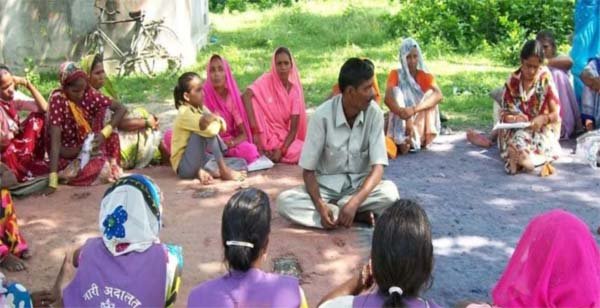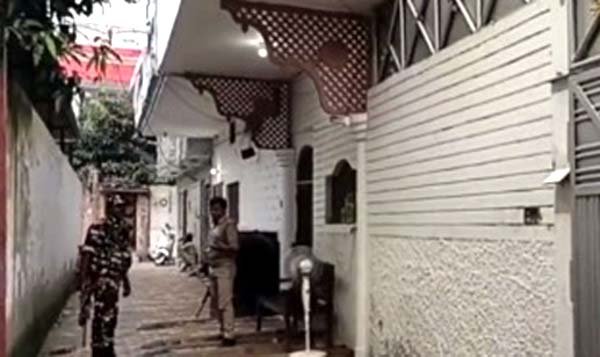New Delhi, Sep 25 (UNI) The Supreme Court has reaffirmed that tribunals constituted under the Maintenance and Welfare of Parents and Senior Citizens Act, 2007, have the authority to order the eviction of children or relatives from a senior citizen’s property if they fail to provide maintenance.
A Bench comprising Justice Vikram Nath and Justice Sandeep Mehta observed that the Act was enacted with the clear objective of protecting and caring for older persons.
“Being a welfare legislation, its provisions must be construed liberally so as to advance its beneficent purpose,” the Court said.
The ruling came on an appeal filed by 80-year-old Kamlakant Mishra, challenging the Bombay High Court’s April 25, 2025, order that had set aside the eviction of his son from a one-room property in Mumbai.
The High Court had accepted the son’s petition on the ground that the tribunal lacked jurisdiction to pass an eviction order against another senior citizen, as his date of birth (July 4, 1964) brought him within the definition under Section 2(h) of the Act.
Disagreeing with this reasoning, the apex court clarified that the relevant date for determining age was the date of filing the application before the tribunal.
Since the son was 59 years old at the time of filing on July 12, 2023, he did not qualify as a senior citizen.
The Court also found that, despite being financially stable, the son had breached his statutory duty by preventing his father from residing in his own property, thereby defeating the object of the Act.
The tribunal had earlier directed eviction and ordered monthly maintenance of Rs 3,000 for Mishra and his 78-year-old wife.
Noting that the High Court erred in allowing the writ petition, the Supreme Court granted the son two weeks to file an undertaking that he will vacate the premises by November 30, 2025.
Until then, the tribunal’s eviction order will not be enforced.
However, if the undertaking is not furnished, the order will become executable forthwith, with interim protection standing withdrawn.
The Court’s judgment underscores that children who fail to maintain their parents cannot continue occupying their properties, reinforcing the protective spirit of the 2007 Act.











